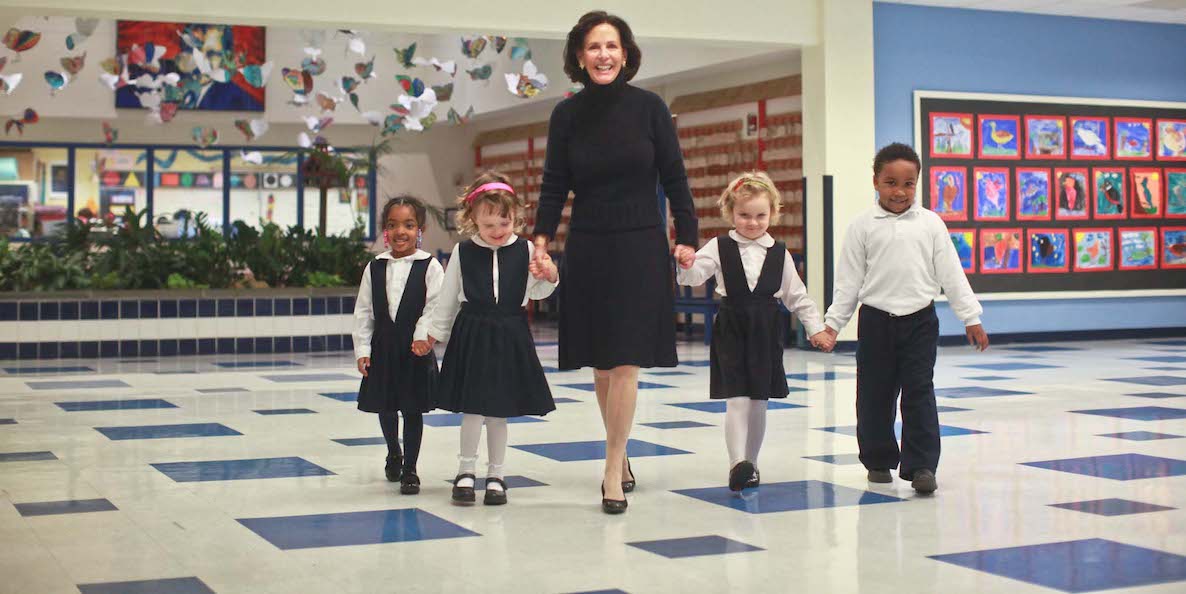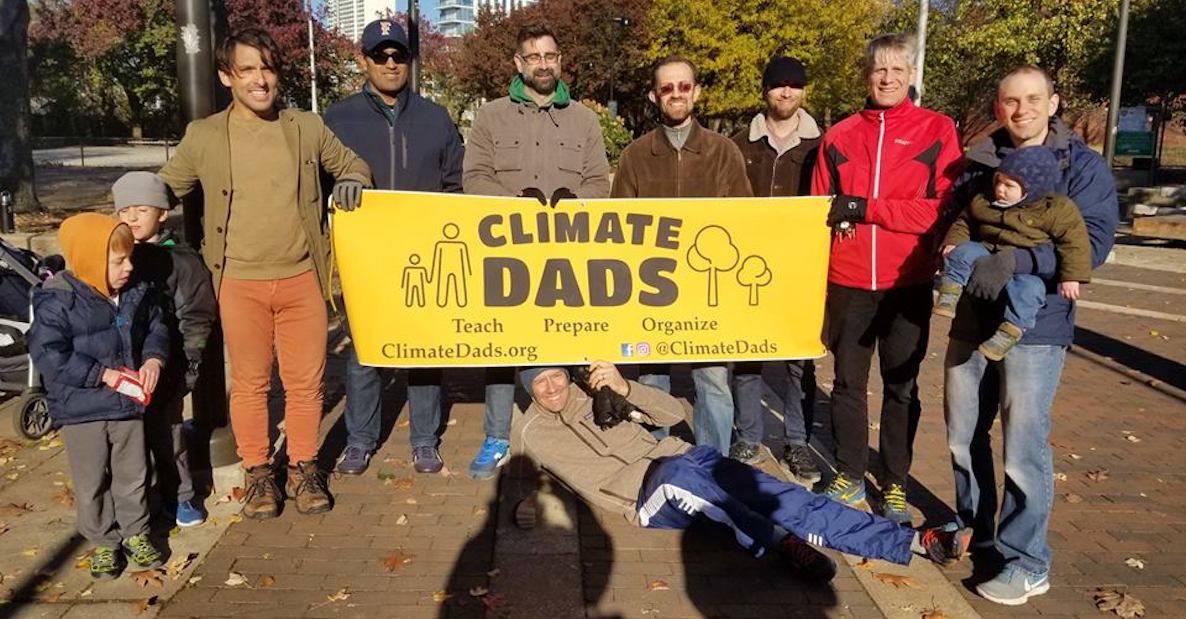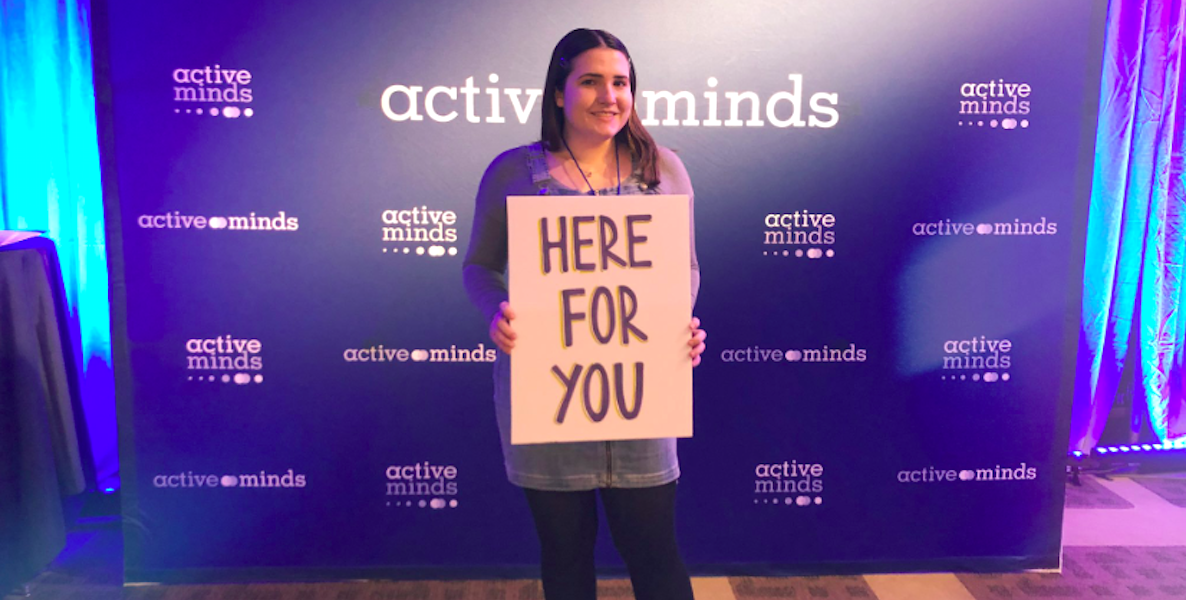These days, social media has a decidedly anti-social reputation. Facebook is evil! Predators run amok! We’re being oppressed and manipulated by a false, curated reality!
And yet Gabby Frost, a North Wales native and rising senior at Drexel University, has, since 2013, been harnessing social media for good.
She was in the eighth grade, a self-described online fangirl of pop bands like One Direction, and had amassed more than 50,000 followers on Twitter, when, one Sunday night, three of her Twitter contacts simultaneously aired thoughts of suicide. Frost had recently helped a close friend through suicidal struggles, and used what she’d learned from that experience to help her Twitter contacts. “I stayed up past one in the morning to Tweet these people to make sure they got support and were safe,” Frost says.
With all of today’s technology, we can make connections with so many people—why not harness that and make friendships?
In what for many people would’ve been a harrowing night, Frost found her life’s purpose: to help others feel less alone, no matter what they’re going through. “I just started thinking what can I do to prevent this from happening again?” she says. “I had the idea of pairing people together to buddy up, because I knew that making friends online can be difficult. You have to go through those awkward steps of finding people, and I wanted to make it easier.”
![]()
That middle school realization led to the development of Buddy Project, an organization that has connected more than 230,000 people worldwide to one another, and raised tens of thousands of dollars to support mental health and recovery centers in Southeast Pennsylvania.
To be sure, the Buddy Project is more than a glorified pen pal program: It’s a much-needed way to tell struggling youth that they’re not alone, a public way to destigmatize mental health issues among the next generation at a time when, in Pennsylvania alone, more than one out of every five adults who seek mental health treatment does not receive care, due to issues like a lack of providers in the area, lack of insurance, and inability to cover the cost.
More than one out of every five adults who seek mental health treatment does not receive care, due to issues like a lack of providers in the area, lack of insurance, and inability to cover the cost.
It’s also, as Frost wants to make clear, not only for struggling youth—it’s for anyone who simply craves friendship and connection, particularly teens who may not be able to find friends with their interests at school or through their current social scene. Without consciously realizing it, Frost had tapped into one of the most profound findings of groundbreaking studies like the famous longitudinal research out of Harvard, showing how relationships are integral to happiness and longevity.
![]()
For her work, Frost has been named one of Glamour’s 2019 College Women of the Year; she has also received the John Fitzgerald Kennedy Memorial Award, among other honors. Here, she shares how meaningful friendship can be, and displays just how far ahead of their predecessors today’s teens are when it comes to addressing the kinds of mental health issues that have for too long remained in the shadows.
Jessica Press: So what exactly is Buddy Project?
Gabby Frost: Buddy Project is a nonprofit, and we aim to prevent suicide and raise awareness for mental health. Our organization pairs people together with a buddy based on their age and mutual interests. We want to give people a community so that they can talk about mental health, or just make friends with people that they wouldn’t have met otherwise.
JP: How did you go from having the idea for it that night back in middle school to creating this vehicle for people to connect?
GF: I didn’t have an official website or anything, I just created a Twitter page. And within the first day of creating it, 3,000 people signed up!
JP: Woah! Wasn’t that overwhelming?
GF: Yeah, I didn’t really know how to pair that many people up. So I told my mom what I did. At first she didn’t really get it, but once I explained it to her, she helped me come up with a way to effectively pair buddies. I’ve been doing it that way ever since.
JP: Hold on—you don’t have an algorithm or program that does this? You’re personally pairing people up?
GF: I just do it manually. But in the fall we’ll be launching an app, which will make it a lot easier for me.
“I want people to focus on the things in life that they’re passionate about and not dwell on the things they didn’t ask for, like mental illness or whatever else they’re going through.”
JP: Sorry, but the neurotic mom in me has to ask: Do you ever worry that people will use this instead of getting professional mental health support, or that it will become too burdensome for a buddy who’s paired with someone far away who may be deeply troubled?
GF: So, on the sign-up page and on the website I make clear that we’re not a crisis service center, and we don’t want to be used in place of professional help. We want people to seek it out, and I have a bunch of resources listed on the site, and I really stress that the whole buddy system isn’t [necessarily] a mental health thing: Anyone can join—you don’t have to be going through problems. And we pair people based on the interests they rank from among choices we give them, because I want people to focus on the things in life that they’re passionate about and not dwell on the things they didn’t ask for, like mental illness or whatever else they’re going through.
JP: Ok, so walk me through the process of what happens when someone signs up.
GF: You have to be 13 or older to sign up, and you fill out a form with five of your interests from the list we provide; your Twitter or Instagram usernames; your age; and your first name. Then I email you once you’ve been paired.
JP: What kind of feedback have you been getting from people who sign up?
![]()
GF: People tell me that they really find a support system, and it’s really cool to see that. Some of them have met in person, or video-chatted, or exchanged phone numbers if they were comfortable. And I’ve had people meet up all around the world, as far away as in Europe and Australia. I frame Buddy Project as a way for people to get peer support, because getting support can be super hard, especially as a young person. So having it there for people who don’t have support in real life is really beneficial, and I think that everyone can make a connection on this. It’s not for [one] specific type of person. I just want to foster friendships and close connections. With all of today’s technology, we can make connections with so many people—why not harness that and make friendships? There are apps for dating, but there’s never really been any for friendship that don’t require you to give your location.
JP: Ok, back to my anxiety here—not to be Debbie Downer, but is there any way to vet people, to make sure there aren’t any creeps talking to a minor, or any unintended negative consequences?
GF: We haven’t had any problems with super old people, or catfishing, or anything like that, which is kind of shocking given how prevalent it is. I think that’s because a lot of kids and young adults now have that knowledge about how to spot one, so I think users know to block or ignore situations like that. And once we move to an app, there will be more measures in place—like inputting birth dates, for example—to put more [guards] in place.
JP: Beyond pairing people up, can you talk about Buddy Project’s other endeavors?
![]()
GF: We’ve been doing fundraising campaigns online through a site called Bonfire, which prints and ships out shirts we sell online, and we make a certain amount back per shirt sold. We’ve sold almost 5,000 shirts and raised $36,000 through that, with all the money going to mental health and recovery centers in Southeast Pennsylvania. People also make donations online, and we’re starting to do some in-person fundraisers like designer bag bingo, which the board—mostly my extended family—helps oversee.
JP: Are you planning to continue this kind of work after college?
GF: Definitely. I’m a music industry major at Drexel, and I really want to do social impact within the entertainment industry—helping celebrities or companies or any public figures use their platform to make messages with a social cause, and help spread mental health awareness. For now, I’m interning in New York this summer at Crisis Text Line [a free, 24/7, confidential text message service for people in crisis].
JP: Well, they’re incredibly lucky to have you on board—as are the countless people around the planet whose lives you changed for the better. Thank you.
Interview has been edited and condensed. If you’re in crisis, call 911 or reach Crisis Text Line 24/7 by texting HOME to 741741.
Photo via Buddy Project





